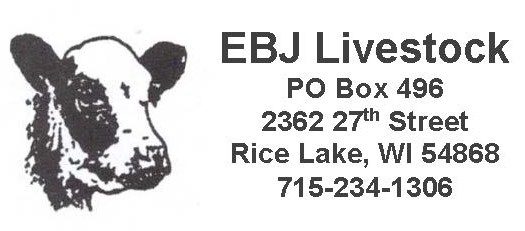The one-year extension will delay the ELD mandate from taking effect until Sept. 30, 2019. The amendment, sponsored by Sen. Deb Fischer, R-Neb., was passed as part of the Minibus Appropriations bill the Senate approved on Aug. 1.
Fischer, a member of the Senate Agriculture Committee and the Senate Commerce Committee, said in a statement livestock transportation is an important part of commerce in her state. “With this extension, we will have more time to bring common sense to these rules and provide additional flexibility,” she said.
Fischer has been working to repeal the ELD mandate for more than a year. She worked closely with Senate Commerce Committee Chairman John Thune, R-S.D., and Ranking Member Bill Nelson, D-Fla., to get her ELD amendment attached to the Minibus Appropriations bill.
Pro-ag leaders anticipate the one-year ELD extension to be the final delay needed to secure final passage of the Transporting Livestock Across America Safely (TLAAS) Act introduced by Sens. Ben Sasse, R-Neb., and Heidi Heitkamp, D-N.D., in May of this year. U.S. Cattlemen’s Association Transportation Committee Chairman Steve Hilker said in a statement a year’s delay was necessary because supporters of the act have not yet received the flexibility they have asked for from the Department of Transportation’s Federal Motor Carrier Safety Administration (FMCSA).
“Current hours-of-service (HOS) rules were not written with the needs of livestock haulers in mind and, therefore, offer very little flexibility when it comes to hauling live animals,” he says.
The HOS rules dictate truck drivers are required to turn on the ELDs that track their driving times and distances after surpassing the 150 air-mile radius from their loading point. As the rules stand, after activating their ELDs, truckers would only be able to drive for 11 hours before taking a mandatory 10-hour break, a requirement that would be impractical for a trucker transporting livestock.
The TLAAS Act takes into account livestock haulers are transporting living, breathing animals that need to be moved from one destination to the next as quickly and safely as possible. According to an NCBA press release, the bill “provides for more drive time for livestock haulers as well as granting the flexibility for drivers to rest at any point during the trip without the break counting against HOS time.” The bill also allows for an additional 150 air-mile exemption at the end of the haul to account for the wait time that occurs when unloading live animals.
The coming year will hopefully provide enough time for lawmakers and the FMCSA to expand the flexibility of their HOS guidelines to accommodate livestock haulers’ needs, since the thousands of cattle trucks on the road each day make up a critical part of the U.S. beef industry. ![]()

-
Carrie Veselka
- Associate Editor
- Progressive Dairyman
- Email Carrie Veselka







